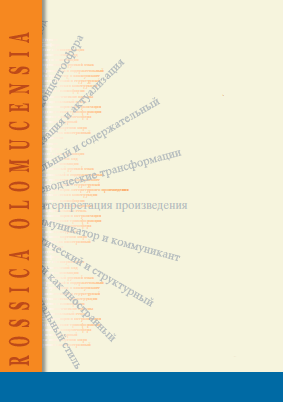La traducción e interpretación de nombres de organizaciones en el eurolecto inglés y español: un estudio basado en corpus
Translation and interpreting of organisation names in the English and Spanish Eurolect: a corpus-based study
Author(s): Fernando Sánchez RodasSubject(s): Language and Literature Studies, Theoretical Linguistics, Translation Studies
Published by: Univerzita Palackého v Olomouci
Keywords: named entity; European Parliament; translation; interpreting; mediating schemes;
Summary/Abstract: Multi-word named entities (MWNEs) are crucial bearers of information and often provide answers to major questions concerning the understanding of texts; however, work focusing exclusively on MWNEs is of very recent origin and comes mostly from a single field of study, Natural Language Processing (NLP). This paper aims to perform a contrastive analysis of a set of English and Spanish multi-word organisation names(MWORGs) extracted from two bilingual comparable corpora (written and oral) created from texts and speeches of the European Parliament. The methodology will follow a data-driven Constructionist approach. First, Named Entity Recognition (NER) and manual recall are employed to retrieve the MWORGs, and their performance is evaluated through metrics. Then, four items of metadata are annotated for each entity. The analysis unveils that, at this onomastic level, the non-translated English Eurolect in fact contains a considerable number of translations (17.3%), while non-interpreted English has an even higher percentage of interpretations (24.3%). In the translated and interpreted Spanish Eurolect, mediating schemes (translations, interpretations, borrowings, and blending) are predictably dominant (80.5% and 98.1% respectively), although they also coexist with native onomastic constructions. The results of the study boost the commonly disregarded potential of proper names as a key tool for understanding translation and interpreting as relative categories in which each (non-)translated and (non-)interpreted textual genre is ruled by its own set of constructional rules, establishing different quantities of mediating and nonmediating constructions depending on factors such as the language, the norms, and the events which condition textual production.
Journal: Romanica Olomucensia
- Issue Year: 35/2023
- Issue No: 1
- Page Range: 157-172
- Page Count: 16
- Language: Spanish

